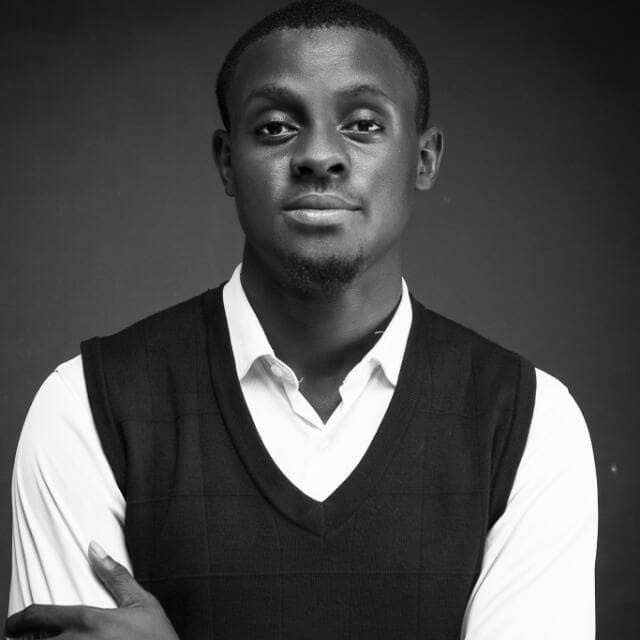‘The literary world would be jealous if other conglomerates backed NLNG for the first and second runners-up with prize money’
LAW IKAY EZE is the author of Your Church My Shrine, which beams its searchlight on religious charlatanism. The novel is vying for to clinch The Nigeria Prize for Literature 2020 worth USD$100,000 prize money. In this interview with AnoteArtHub, Eze has interesting perspectives on how to reposition the writing and publishing ecosystem to bring back reading as a national pastime
Where were you when you heard the news that you had been shortlisted for the NLNG-sponsored The Nigeria Prize for Literature 2020?
I had just woken up from a tired sleep one Sunday evening when my friend, Prof. Barclays Ayakoroma, called and asked of the prize money. That was his way of telling me I am in line for the prize.
Why d you write?
I write for passion. If you wanna catch me at my happiest moment, come along about 11.00pm to 4.00am when I am clicking away on my computer. Hahaha!
Why do you think your book should be the one that emerges the winner of the prize?
Not being boastful, and being modest, I believe my book should win the prize. It’s a book no reader would drop from page 1 to page 422. The guy who was to publish my book, Richard Mammah, read the manuscript and said, “you know, Law, I only read award winning novels. This one is as good as any I have read.” Away from this, no one has read the book and come back with a “but”.
What do you hope to do with the USD$100,000 money that comes with the prize?
The $100,000 would first and foremost make me a multi-million. Hahaha. Don’t mind my cranks. I will publish more books. I have about five novels, each not less than 350 pages, I have four books of short stories and three dramas, all intriguingly interesting, all sleeping in my computer and hard drives. It’s expensive to publish here, and the writer bears the brunt. A book as heavy as mine costs about N1.8m to publish. A government-backed fund can help writers and publishers to do more books.
I intend to lead a campaign to make Nigerians know the value of reading and make them read. I will not tell you how. You go lift am! Hahahaha
Finally, a percentage will go to myself, my publisher and charity.

How does you book reflect contemporary challenges and what ways out of them?
It deals with charlatans and wolves in sheep’s clothing called pastors, and how they have turned the house of God into a marketplace for money-making and spreading falsehood. They dangle miracles to the congregation to lure them to church for the tithe and offering they bring.
The way out is for the congregation to know that these men do not possess the power to perform miracles and stop asking them for miracles. They should know that so long they pray with these charlatans, who get their miracles from dark sources, they say prayers to the devil.
What vision of society is espoused in your current work?
It’s a society where pastors, like politicians, know the people are not only gullible but also hungry, and they use this to fleece them of their hard-earned rare coins while they live large and smile to the bank.
Who and what are your influences?
God who gave me a mind that observes things readily and naturally. Ngugi wa Thiong’o who influenced when I read his Weep Not Child and society, my mirror, that provided the materials.
How much would you say The Nigeria Prize for Literature has energised writing in the country?
The Nigeria Prize for Literature has not only energized writing in Nigeria, it has created a crop of writers who can compete with other writers anywhere in the world. I told someone that if other conglomerates come forth with prizes for literature or in support of NLNG, the literary world would be jealous of what writers in Nigeria would do with their pens and computers.
Imagine a situation where the first and second runners up have prizes sponsored by another conglomerate. Ever dream of the 11 shortlisted going home with prizes backed by another literature-loving company?….

